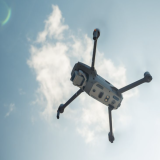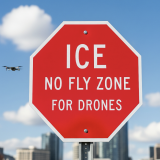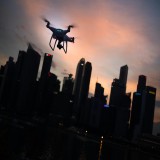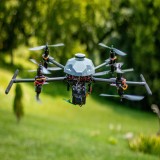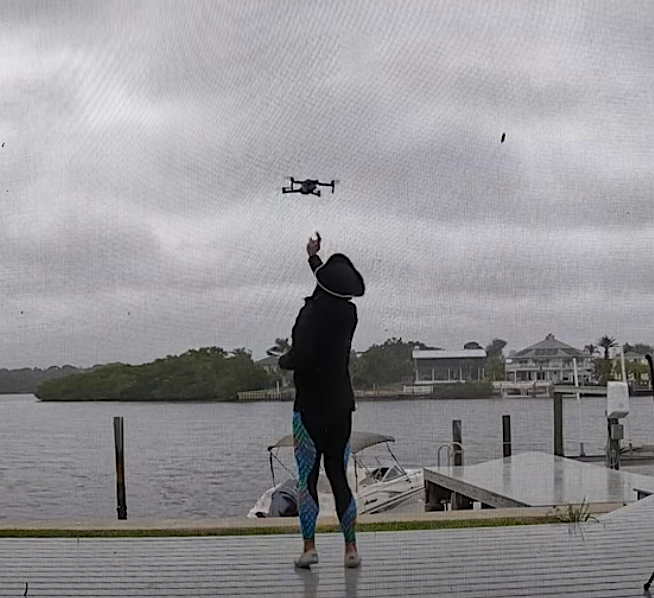
26 December 2023
By Akshata
If your idea of a perfect day involves watching the sky, dreaming of flying, and hearing phantom propeller sounds, you might be suffering from a condition we've dubbed "Drone Addiction." It might sound like ‘Drone Obsession’ is just a fancy way of saying you really, really love flying drones but to put it in simple words, it would be the tendency to prioritize drone flights over safety considerations, emphasizing the need for awareness and responsible piloting. It's a playful yet cautionary label for enthusiasts who might find themselves flying with a passion that occasionally borders on obsession.
If you think it has gotten out of control, we've got some simple tips to help you cope with that irresistible urge.
5 Situations When You Shouldn’t Fly Your Drone
Fatigue or Distraction: A drone pilot should never fly when mentally fatigued or distracted. Flying a drone requires focus and attention to detail. If a pilot is feeling mentally exhausted or preoccupied, there's a higher risk of making mistakes that could lead to accidents or damage to the drone.
Emotional Distress: So you've had a terrible day, and now you want to let off steam by letting your drone loose. Bad idea. Emotions and drone flying don't mix well. Drone pilots should avoid flying when experiencing strong emotions such as stress, anxiety, anger, or sadness. Emotional stability is crucial for maintaining control over the drone and reacting appropriately to unforeseen circumstances.
Impaired Cognitive Abilities: If a drone pilot is under the influence of alcohol, drugs, or any substances that impair cognitive function, flying a drone is an absolute no-go. Impaired judgment and slowed reaction times significantly increase the likelihood of accidents and pose a danger to both the drone and surrounding environments.
Lack of Legal Compliance: A drone pilot should never fly when unaware of or unwilling to comply with local regulations and airspace restrictions.Ignoring local regulations and airspace restrictions is like trying to sneak a giraffe into a movie theater—fun at first, but you'll regret it when the authorities show up. Know the rules, play by them, and save yourself from a drone-related episode of Cops.
Unfavorable Weather Conditions: Pilots should refrain from flying their drones in adverse weather conditions that could affect the drone's stability and performance. High winds, heavy rain, or low visibility can compromise the safety of the flight. Always check weather forecasts before taking off and avoid flying in conditions beyond the drone's capabilities.
Whether you're a seasoned drone enthusiast or a newcomer to the world of quadcopters, remember that responsible flying is not just a duty; it's a commitment to the safety and well-being of yourself and those around you.
Happy flying—or, perhaps, happy not flying!



